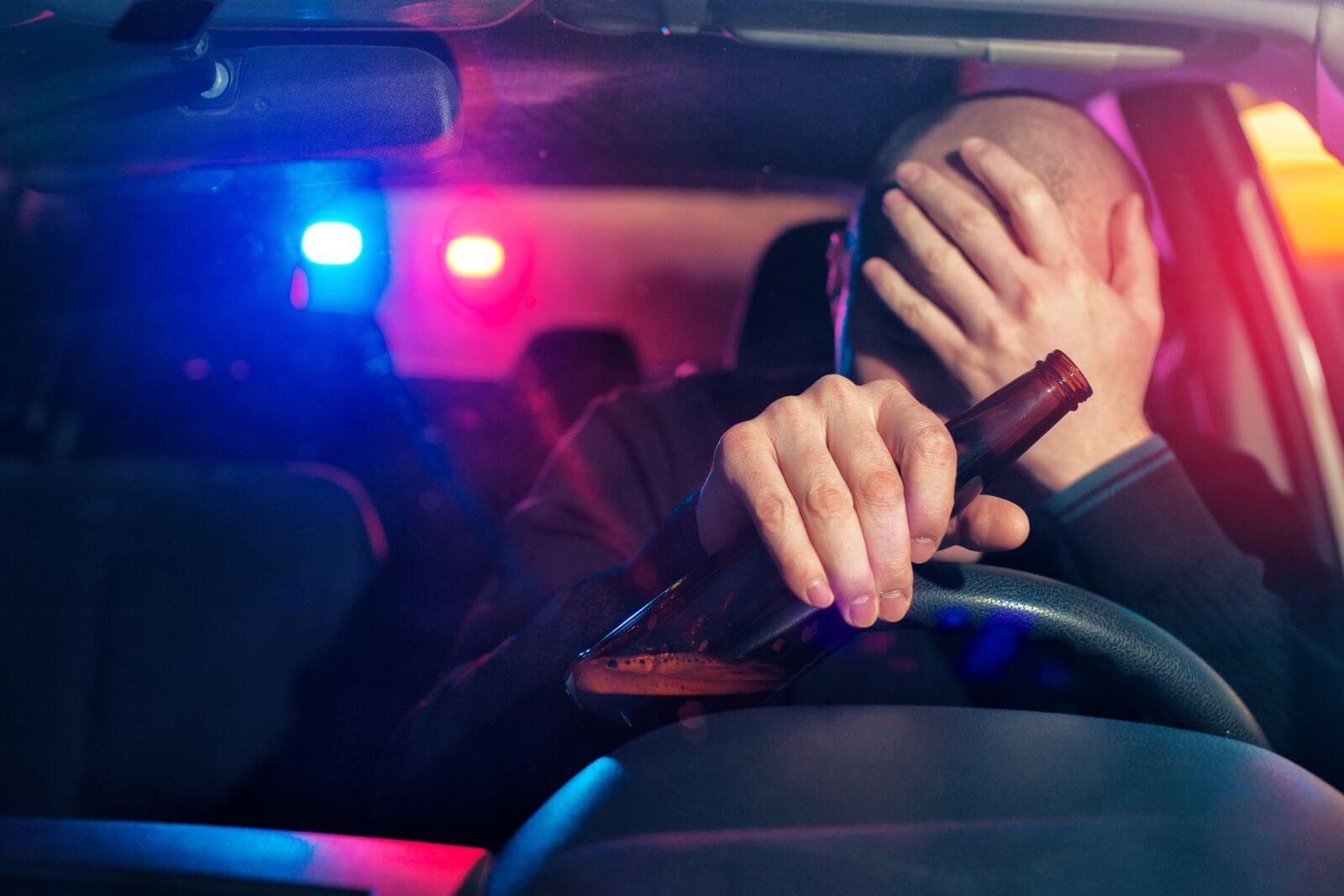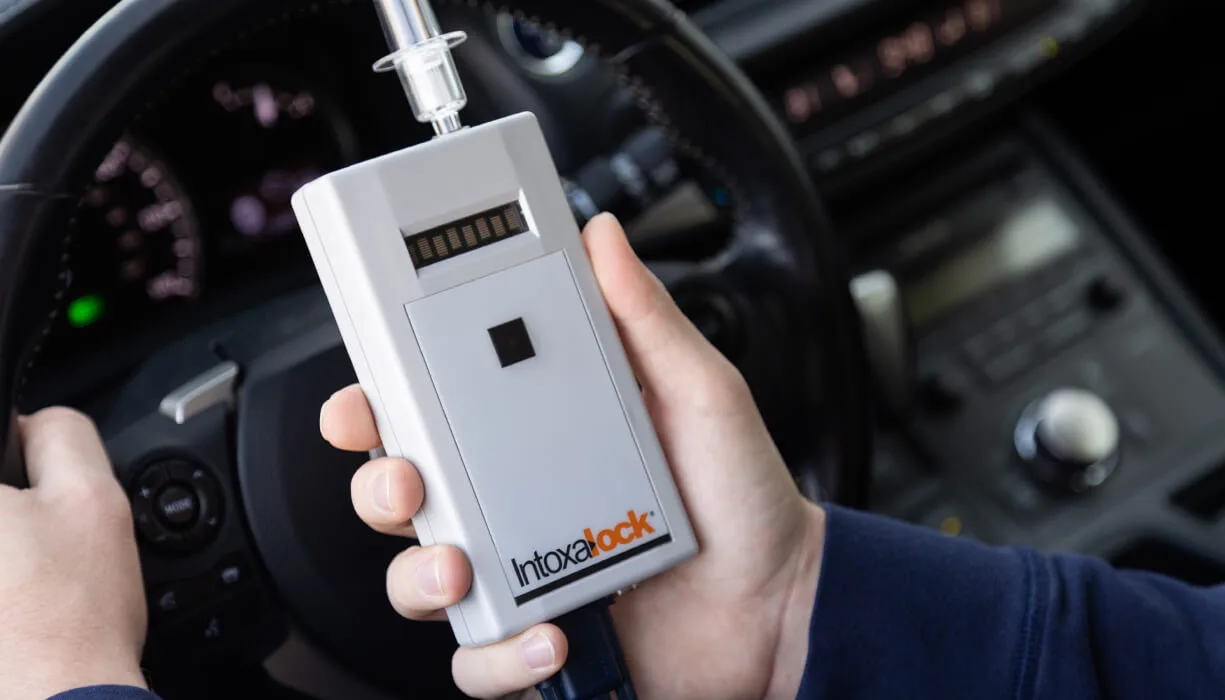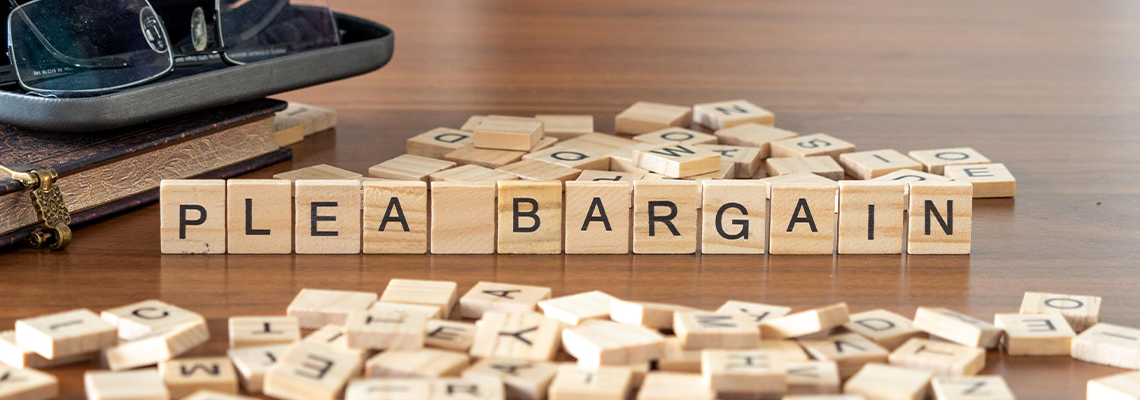If you’re trying to figure out what is DWI offenders in a legal sense, you’re probably already dealing with a situation where understanding the law matters—either for yourself, a loved one, or a client. A DWI offender is someone who has been legally found to be driving while intoxicated, and the consequences that follow can range from inconvenient to life-altering.
In this comprehensive guide, we’ll break down the meaning of “DWI offender,” explore the legal framework behind the term, and dig deep into the types of penalties they face. But we won’t stop there. Using real-life stories, plain language, and a conversational tone, we’ll help you truly understand what it means to carry the label of a DWI offender—and what can be done to move forward.

What Is a DWI Offender?
A DWI offender is a person who has been convicted of Driving While Intoxicated—commonly referred to as DWI. In many states, this is legally defined as operating a vehicle with ablood alcohol concentration (BAC) of 0.08% or higher. However, it also includes driving under the influence of drugs, whether prescription, over-the-counter, or illegal substances.
In essence, if law enforcement determines that your ability to safely operate a vehicle was impaired by alcohol or drugs, and you’re convicted in court, you become a DWI offender.
But here’s where things get tricky: the term “DWI offender” doesn’t just apply to first-timers. It’s also used to refer to repeat offenders, those who violate probation terms, and even those who refuse chemical testing during a stop.
The Legal Meaning Behind the Label
So what is DWI offenders in the eyes of the law? It’s more than just a person who drank too much and drove. Legally, being a DWI offender implies several layers of accountability:
- You’ve been arrested and charged under DWI laws
- You were found guilty either by plea or trial
- You now have a criminal record tied to impaired driving
This matters because courts, insurers, and employers all respond to the term “offender” with serious consequences. And once you’ve earned this designation, it can follow you for years unless you fight to clear your record.
Real-Life Scenario: The First-Time Offender
Let’s meet Marcus. He’s 27, recently promoted at work, and went out to celebrate. He had three drinks over the course of two hours—felt okay, drove home, and got pulled over for a broken taillight. When the officer smelled alcohol, things escalated quickly. He blew a 0.09. Just over the legal limit.
Marcus had no criminal history. But now, he was a DWI offender. His license was suspended, he had to pay nearly $5,000 in court fees, and he was required to install an ignition interlock device in his car for a year.
What Marcus didn’t realize at the time was that being a first-time DWI offender might still carry long-term consequences: difficulty renting an apartment, applying for professional licenses, or traveling internationally. And all from one night’s mistake.
Different Types of DWI Offenders
The term DWI offender doesn’t apply equally in all cases. Courts often separate offenders based on the number of convictions, age, BAC level, and presence of aggravating factors. Let’s break it down.
First-Time DWI Offenders
These are individuals who are convicted of DWI for the first time. Their penalties are often lighter, especially if no one was injured and their BAC was barely over the limit. However, first-time offenders still face license suspensions, fines, mandatory alcohol education, and sometimes jail time.
Repeat DWI Offenders
If you’ve been convicted of DWI before and are arrested again, you’re considered a repeat offender. Second and third convictions often lead to felony charges in some states. Judges are far less lenient the second time around, and mandatory jail time increases significantly.
Felony DWI Offenders
Not all DWIs are misdemeanors. You become a felony DWI offender when your actions meet certain thresholds—such as:
- Three or more convictions
- Causing injury or death while driving intoxicated
- Driving under the influence with a child passenger
These cases often lead to prison time, long-term license revocation, and a permanent criminal record.
Juvenile or Underage DWI Offenders
In many states, anyone under the age of 21 who’s caught driving with any detectable amount of alcohol in their system is considered a DWI offender—even if their BAC is below 0.08. These cases follow zero-tolerance laws and can impact college admissions and scholarships.
What Penalties Do DWI Offenders Face?
When asking “what is DWI offenders,” the answer isn’t complete without exploring the penalties they face. DWI penalties are designed to punish and deter—and they increase with the severity of the offense.
Common First-Offense Penalties
- Fines ranging from $500 to $2,000
- License suspension for up to a year
- Mandatory alcohol education programs
- Jail time from 24 hours to six months
- Probation and regular court check-ins
- Ignition interlock device installation

These penalties may seem manageable, but the hidden costs—like legal fees, lost wages, and increased insurance premiums—often triple the financial burden.
Enhanced Penalties for Aggravated DWI
Let’s say someone is caught with a BAC of 0.15 or higher, or was speeding or had a child in the vehicle. These are aggravating factors that can double or triple the normal penalties. Courts may impose:
- Extended jail time
- Higher fines
- Longer probation or treatment
- Permanent record as a felony DWI offender
Collateral Consequences
Outside of court-ordered penalties, DWI offenders face real-world consequences:
- Employment issues: Many employers run background checks.
- Travel restrictions: Some countries, like Canada, restrict entry for DWI offenders.
- Insurance hikes: Rates may double or triple for several years.
- Family court complications: In custody battles, being a DWI offender can hurt your case.
What Is the Process After a DWI Arrest?
To fully understand what is DWI offenders, we need to understand the process that labels someone as such.
Step 1: The Arrest
It usually starts with a traffic stop. If the officer suspects impairment, they may ask you to perform a field sobriety test or take a breathalyzer. If you fail or refuse, you’ll likely be arrested.
Step 2: Booking and Bail
After DWI arrest, you’re taken to jail, booked, and possibly held until bail is posted. At this stage, the clock is ticking on legal deadlines like license suspension hearings.
Step 3: Arraignment
You’ll appear in court to hear the charges against you and enter a plea. Hiring an attorney before this step can change everything—some cases are dropped or diverted before trial.
Step 4: Trial or Plea Bargain
Your lawyer may challenge the evidence, argue procedural flaws, or negotiate a reduced sentence. Many first-time offenders are offered plea deals if they cooperate.

Step 5: Sentencing and Probation
If convicted, the court will issue penalties. You may be placed on probation, required to attend treatment, or even serve jail time. The label of “DWI offender” becomes part of your record at this stage.
Can DWI Offenders Ever Clear Their Records?
A critical question for anyone labeled a DWI offender is: Can I ever erase this?
The answer depends on the state and the case outcome.
- Expungement: In some states, if your case was dismissed or if you completed a deferred adjudication program, you may be eligible to have your record sealed or expunged.
- Record Sealing: Even if not fully erased, sealing your record can hide the conviction from most employers and landlords.
- Pardons: Rare, but sometimes available for old convictions.
This process usually requires waiting several years and filing formal petitions. Still, for DWI offenders trying to rebuild their lives, it’s a step worth considering.
How DWI Offenders Can Rebuild Their Lives
Being a DWI offender isn’t the end of your story. People make mistakes. What matters is what happens next.
Legal Representation
If you’ve been charged but not convicted, hire a skilled attorney immediately. They can explore defenses you may not even know exist—like challenging the validity of the breathalyzer, the traffic stop, or the officer’s report. A knowledgeable lawyer will also guide you through the confusing legal process and help you avoid critical mistakes early on.
Compliance and Rehabilitation
Courts respond favorably to offenders who complete treatment programs, attend counseling, and follow all probation terms. This can help when applying for expungement or negotiating lighter penalties in future cases. Demonstrating a genuine commitment to personal reform often influences judges and prosecutors to offer second chances.

Employment and Personal Growth
Some DWI offenders choose to speak publicly about their experiences, become counselors, or advocate for responsible driving. Turning a negative into a platform for good can be incredibly empowering—and redemptive. Many find that confronting their past openly allows them to rebuild trust and gain new respect within their communities.
Conclusion: The True Meaning of “DWI Offender”
So, what is DWI offenders in the legal and practical sense? It’s not just a label—it’s a legal status that carries real consequences. Whether you’re dealing with a first offense or a felony-level case, understanding your rights, penalties, and options is crucial.
The justice system isn’t just about punishment; it’s also about opportunity. With the right legal strategy, community support, and a commitment to accountability, DWI offenders can move past their mistakes and start a new chapter.
Remember, this label doesn’t define who you are—it only reflects a moment. What comes next is up to you.

